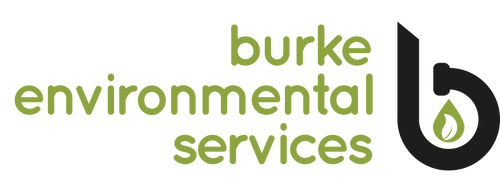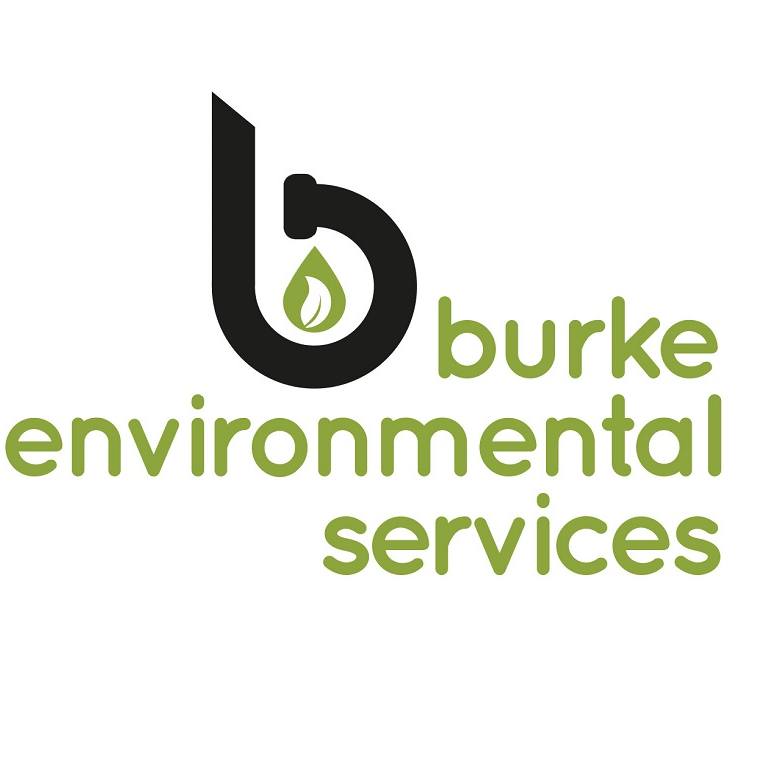As a rural homeowner, it’s essential to not only be aware of the inner workings of your septic system but also understand its impact on the surrounding environment, particularly groundwater quality. Groundwater, an invaluable resource, serves as a primary source of drinking water for many rural communities, making its protection an environmental priority.
A poorly maintained septic system can pose a significant risk to groundwater contamination, threatening public health and the wellbeing of surrounding ecosystems. By responsibly managing your septic system, you can play a key role in preserving groundwater quality and ensuring a sustainable future for your community.
In this informative article, we will discuss the profound impact of septic system performance on groundwater quality, identifying potential risks and appropriate mitigation strategies. We will also guide you through groundwater-friendly septic system management practices, supported by our expert knowledge of environmentally responsible septic system design and installation.
The Connection Between Septic Systems and Groundwater
To fully comprehend the relationship between septic systems and groundwater quality, it’s essential to understand the septic system’s purpose and function. Septic systems serve to treat wastewater generated by your household as it flows from your home into the septic tank. Within the tank, solids settle, while beneficial bacteria break down organic matter. The treated water, or effluent, is then released into the drain field, where it percolates through the soil, undergoing further filtration and treatment before returning to the groundwater supply.
Although septic systems are designed to safely process wastewater, inadequate maintenance or improper usage can lead to system failure, posing a risk of groundwater contamination by untreated sewage, bacteria, viruses, or harmful chemicals. Such contamination can have severe implications for public health, local ecosystems, and the overall sustainability of rural communities.
Identifying Potential Risks and Mitigation Strategies
A responsible approach to septic system management involves recognising potential risks to groundwater quality and adopting appropriate mitigation strategies. Some common risks and their corresponding mitigation strategies include:
1. System Overloading: Excessive water use or the introduction of large volumes of wastewater into the septic system can strain its capacity, leading to system failure and groundwater contamination. To mitigate this risk, homeowners should reduce water usage and avoid disposing of non-biodegradable materials or household chemicals into drains or toilets.
2. Inadequate Maintenance: Irregular inspection and pumping of the septic tank can cause solids to build up, leading to overflow or system failure. Ensure regular septic tank inspections and pumping, following recommendations from industry professionals like Burke Environmental, to reduce this risk.
3. Improper System Design and Installation: Poorly designed or incorrectly installed septic systems can result in system inefficiencies and increased contamination risks. Always work with professional installers, like Burke Environmental, to ensure your system adheres to industry standards and local regulations.
Groundwater-Friendly Septic System Management Practices
To protect groundwater quality and maintain an efficient septic system, homeowners should adopt the following management practices:
1. Regular Inspections and Pumping: Schedule regular septic tank inspections and pumping to prevent the accumulation of solids, ideally every three to five years, based on your system’s size and household requirements.
2. Water Conservation: Implement water-saving techniques in your home to reduce the strain on your septic system and minimise the risk of groundwater contamination. Install water-efficient fixtures, promptly fix leaks, and space out water-intensive activities throughout the day.
3. Responsible Waste Disposal: Dispose of household waste responsibly by avoiding pouring chemicals, grease, or oil into drains and toilets, and refraining from flushing non-biodegradable materials, such as wipes or feminine hygiene products.
4. Drain Field Protection: Preserve the integrity of your drain field by keeping vehicles and heavy equipment off it, planting only shallow-rooted vegetation nearby, and maintaining proper grading and drainage to prevent ponding or saturation.
The Role of Professional Support in Groundwater Protection
As a rural homeowner, partnering with septic system specialists like Burke Environmental can offer invaluable support in protecting groundwater quality. Our services include expert installation, inspection, and maintenance, ensuring your septic system functions optimally and minimises the risk of groundwater contamination.
By enlisting our professional support and expertise, you can benefit from tailored advice, practical solutions, and peace of mind knowing your septic system is maintained to the highest standards.
Conclusion:
By understanding the relationship between septic system performance and groundwater quality, rural homeowners can make informed decisions, adopt responsible practices, and contribute to a sustainable future for their communities. As you learn to optimise your septic system, reduce potential risks, and embrace groundwater-friendly management practices, remember the importance of professional support from trusted companies like Burke Environmental.
At Burke Environmental, a family-run business specialising in septic tank installations and drainage solutions in Northern Ireland, we are committed to educating homeowners on the relationships between septic systems, groundwater quality, and environmental sustainability. With our extensive knowledge and experience, we can effectively guide you in safeguarding the health and wellbeing of your community while ensuring your family continues to enjoy the benefits of an efficient and reliable septic system. Let us work towards preserving our precious groundwater resources for the enrichment and sustainability of rural communities, both today and for generations to come. Contact us today to schedule an appointment!


